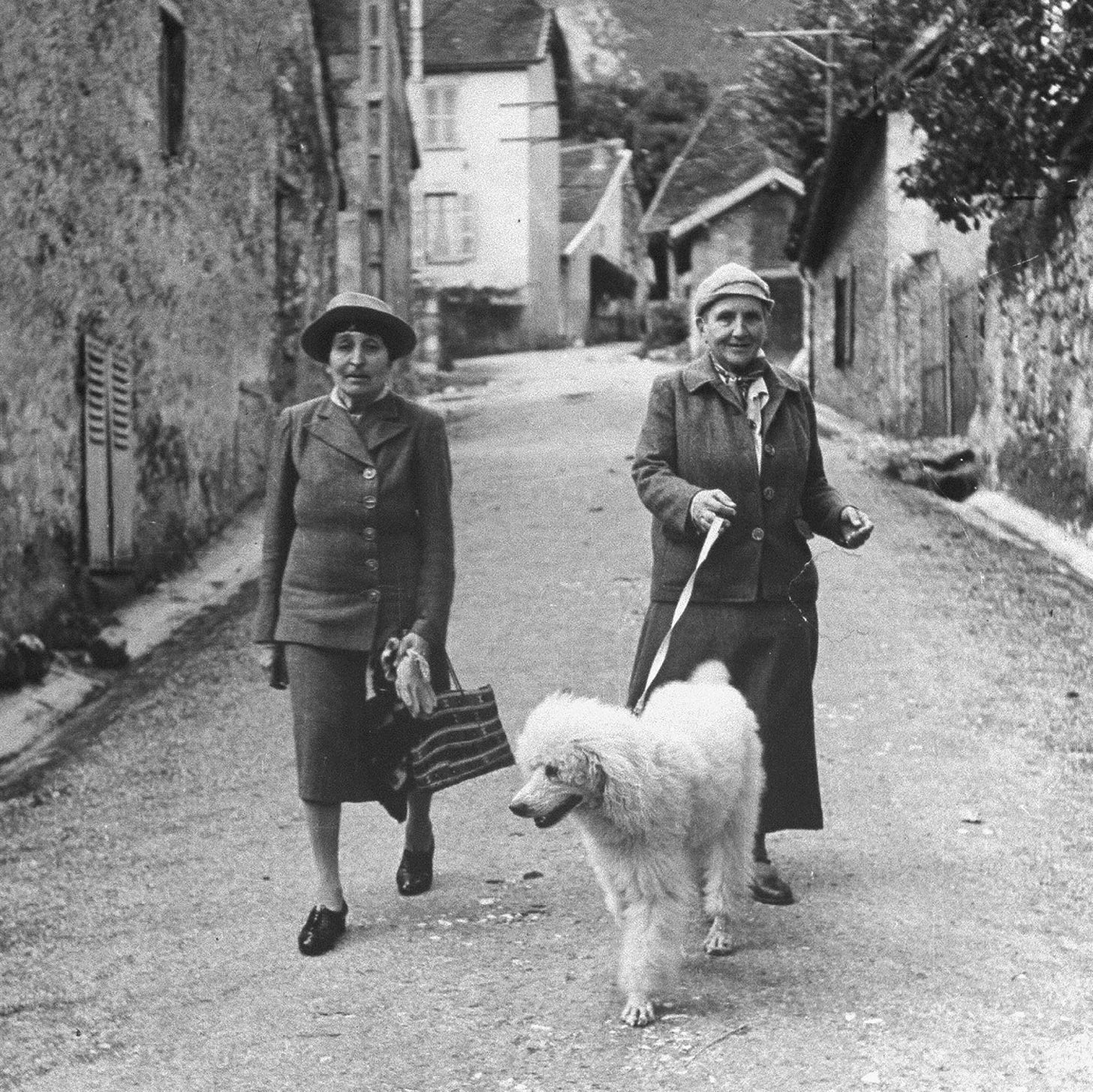I’ve mentioned my proclivity toward great sentences a handful of times here, but I’ve never really expounded on it, so we’re overdue for a Come to Jesus. Let’s get into it. Or rather, let’s get into one (sentence).
I used to teach a class on sentence craft. Yes, sentences. Not poetry- or story- or novel-writing. Sentence writing. Eight weeks, many standalone sentences, and sometimes donuts. We would talk about context, detail, lyricism, minimalism, maximalism, purple prose, chattiness, code switching, voice, phrases, adverbs, the importance of play, gerunds, fragments, run-ons, bake-offs, playbooks. (See? Play.) It was great fun, exhilarating, and, yes, sometimes exhausting. (Just like writing, just like life.) Basically, it was a crash course in style, and we’d sit in a circle and always order the tasting menu—all kinds of writers and styles. I guess you could say it was also a crash course in omnivorousness.
I’d always start class with a little chat about one sentence in particular.
Here’s the great Gertrude Stein:
“Why should a sequence of words be anything but a pleasure?”
I’m crazy about this sentence. It’s sly, simple, and perfectly arranged.
Check the diction. “Sequence of words,” not “sentence.” “Pleasure,” not “great fun” or “excitement.”
And what is a sequence? A particular order. So, let’s look at that order.
The syllables flounce between stressed and unstressed and then end on a hammering, “an-y-thing-but-a-plea-sure.” Say it aloud. Feel where the tongue taps the roof of the mouth, where it pushes out air, where the patter putts and where the putter pats. It’s a concerto in miniature.
A less skillful way to say the same thing? “Sentences should be pleasurable.”
How many other ways could we rewrite this?
- Why should a sequence of words not be a pleasure?
- Why should a sequence of words not give pleasure?
- Shouldn’t a sequence of words always give pleasure?
- A sequence of words should always be a pleasure.
- A sequence of words should always be pleasurable
- Words in sequence should always give pleasure.
- We should always find pleasure in a sequence of words.
- Why should a sequence of words not always give us pleasure?
Why shoulD a seQuence of worDs Be anything BuT a Pleasure?
Remember the four basic sentence types from school? What type of sentence is this? It is a declarative masquerading as a rhetorical question masquerading as an interrogative. It’s so cunning it hurts. And the hurting is good.
But the sentence also taunts, exclaims, pronounces, and argues all at once. Up on the pulpit of Stein, you can hear the gavel come down: “Words in a sentence—always a pleasure!” Compared to this, your own syntax quivers, bites its arrhythmic tongue, cowers in the corner of boring.
She begins with musical ease. “Why should a sequence of words”—the alliterative S’s hiss; the repeating W’s billow; and then she smacks the gavel, smacks the gavel, smacks the gavel: “…be anything but a pleasure.” You can almost see her head snap back after she says “anything,” giving it one final subtle beat—half a pause— before the stress, stress, stress of the plosives: the p’s and the b’s, “but a pleasure.” The last word is the thing she’s after: pleasure.
The arrangement itself says this: I dare you to question me, that words shouldn’t be pleasurable, you prudish little ninny! There are no arguments to be made here. The Stein has spoken.
+++
This month I’m donating all the paid-subscriber earnings to The Free Book Buggie, which is basically like an ice cream truck but with books. (Single tear.) They provide free books to children of all ages with a special focus on under-resourced communities.
Please spread the love to your local libraries, independent booksellers if you can, or shop online at Bookshop. Thanks, as always, for reading.





I love a good sentence!
Have you read Kiese Laymon's Long Division? It starts with a "best sentence" competition, like a spelling bee but you have to come up with a spectacular sentence using the word. (He is also one of my very favorite sentence-writers.)